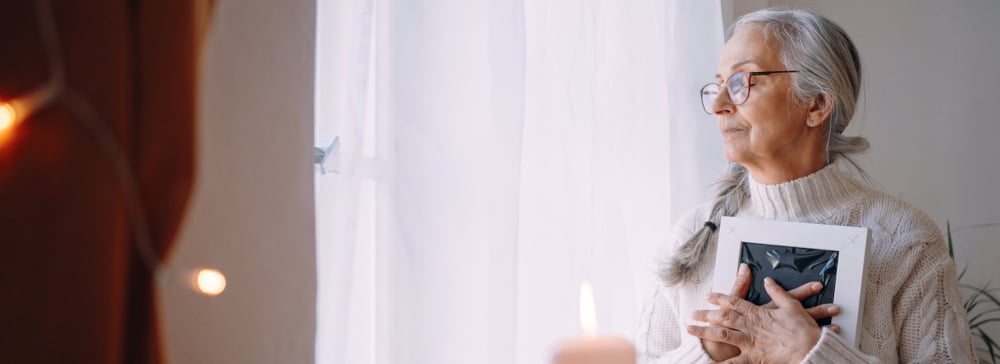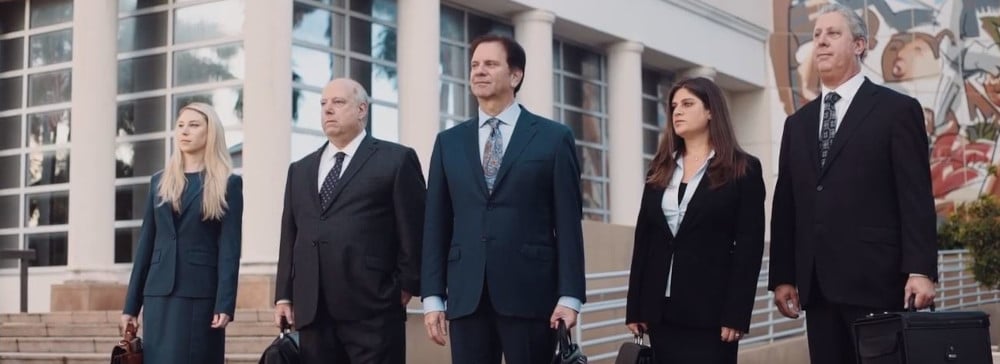Table of Contents

Nursing homes provide valuable services specifically tailored to the elderly. For many families, it is often a difficult decision that revolves around their inability to provide for a loved one. American society has increasingly turned to nursing homes to assist their elderly family members. Unfortunately, many of these facilities fall below the standards established for them–which can ultimately result in the wrongful death of a loved one. This is often referred to as elder abuse.
The nursing home wrongful death attorneys at Kogan & DiSalvo appreciate that caring for the elderly is one of the most important duties performed by society. However, if your loved one has been lost too soon, our attorneys can consult on your rights, negotiate a settlement, and file for litigation if necessary.
Many causes of wrongful death in a nursing home revolve around nursing home staff negligence. For example:
For many of these issues, the underlying cause is understaffing. Unfortunately, much like prisons and immigrant detention facilities, nursing homes are often owned or operated by corporations that seek a profitable bottom line. As a result, this profit-led approach leads to cutting corners that can be disastrous for the seniors they serve.
“Wrongful death” is defined by Florida Statute § 768.19, which holds that it occurs when a person or entity causes the death of a person by “wrongful act, negligence, default, or breach of contract or warranty.” This is further defined by Chapter 400 of these same statutes, which addresses personal injuries and deaths that occur in these facilities.
Like most lawsuits, wrongful death in a nursing home must be proven to a “preponderance of the evidence.” This involves satisfying that the elements of wrongful death were “more likely than not” to have occurred. These elements include:
As the term preponderance of the evidence implies, evidence will be required to prove that these elements are more likely than not satisfied.
Some of the evidence that may help to prove these elements include:
Chapter 400 states that a case may be brought against the “licensee, the licensee’s management or consulting company, the licensee’s managing employees, and any direct caregivers.” This casts a fairly broad net for who may ultimately be liable for the death of a senior in a nursing home.
Those held liable can include the owner, operator, or even employees. In addition to paying compensation, the lawsuit may be able to shut down facilities that mistreat individuals in their care or prevent abusive workers from working in this industry again.
Though global events will affect care in facilities, many nursing homes have not made adequate adjustments for Covid-19. While this raises previously uncontemplated issues, some owners and managers have failed to make the necessary and available changes. Unfortunately, this has led to many deaths that were preventable with more caution.
The damages, or money required to cover a plaintiff’s losses, are a bit different in wrongful death than in personal injury cases. Like other tort cases, these can include “compensatory” damages–to compensate the survivors for the economic and non-economic aspects of their loss. However, with retirees, there often is no paycheck that would be lost.
Despite some damages not being applicable, there are still many others suffered by surviving family members that can be addressed in the case. This can include:
In cases where the actions or behavior of the nursing home and its staff was particularly egregious, punitive damages may be included. These are not “compensatory.” They do not compensate a plaintiff for their loss; instead, they punish and make an example of a nursing home that acted intentionally or with gross negligence.
Moreover, these damages are different from survival action damages. Survival action lawsuits arise from a cause of action (right to sue) that the senior had when they died–that are not lost because of their death–i.e., the right to sue the nursing home for personal injury. This allows the family to collect the damages their loved one would have been able to–had they survived the accident or incident that caused their death.
Under Chapter 400 of the Florida Statutes, surviving family members will have a choice of damages from a survival action or wrongful death. Because the issue of determining liability for the actions that caused their death will be the same process in court for either. However, they will need to choose between wrongful death damages and survival action damages. It can be a difficult choice that must be made after the verdict but before the judgment is entered.
A Boca Raton wrongful death attorney can review the circumstances and evidence associated with your case and advise on which would be the best choice for you and your family.
Under Florida law, only the personal representative of the deceased’s estate can file a wrongful death claim, and they will do so for the benefit of certain family members. This personal representative can be appointed by the decedent prior to their death or by a court if none has been chosen. The personal representative performs a role similar to an executor of an estate–paying the estate’s debts and wrapping up any other financial affairs of the decedent.
Family members can include the following:

Nursing home abuse affects a broad range of families across demographics – we all age, and we all hope that those we have raised and cared for, both individually and as a society, will return the favor. When a nursing home fails to live up to these expectations, our attorneys can review your case, assist you in gathering evidence, and hold a negligent nursing home responsible for your loss. Contact us for a free consultation.
If you are injured and unable to come to us,
our attorney will come to you - there is no charge for us to do so.